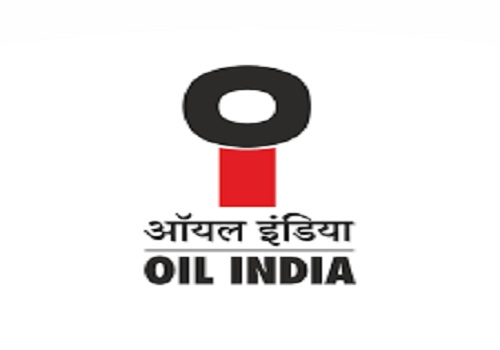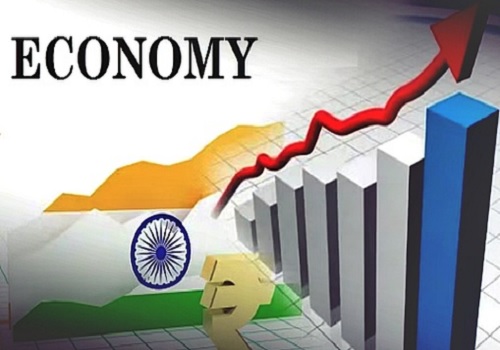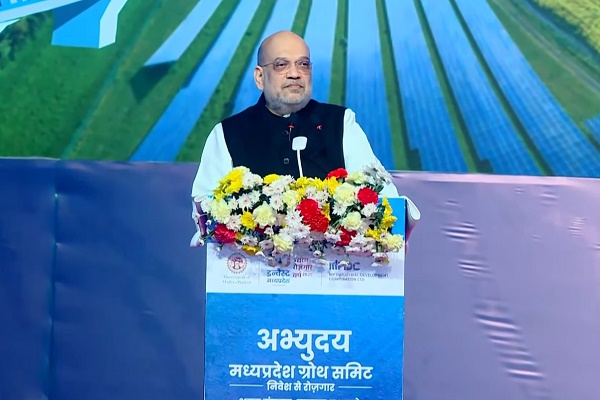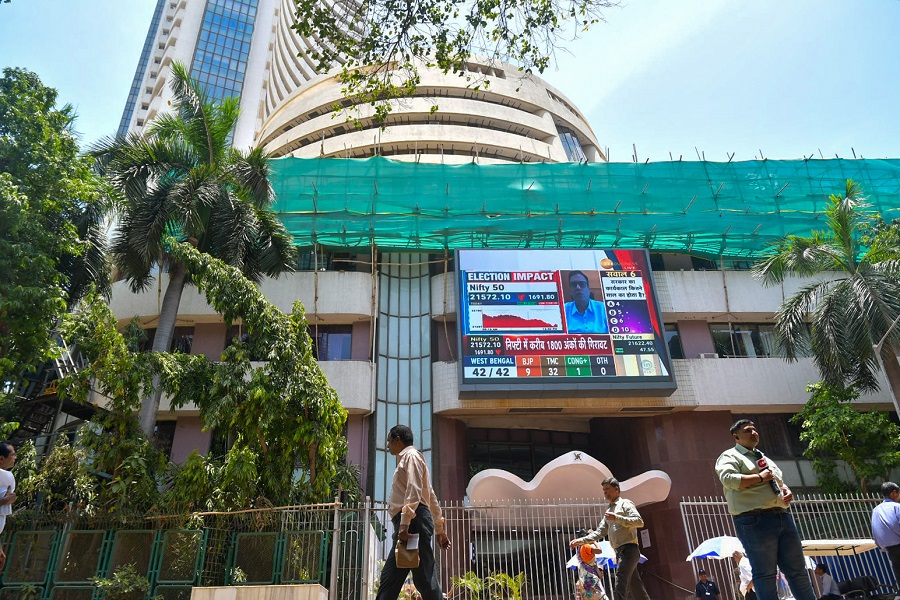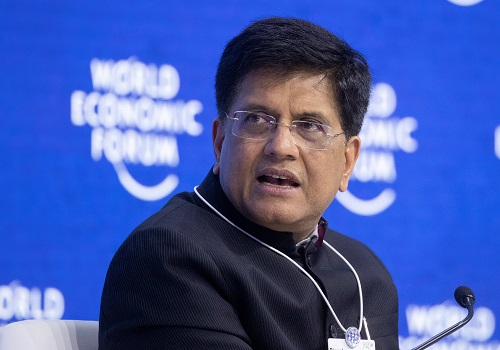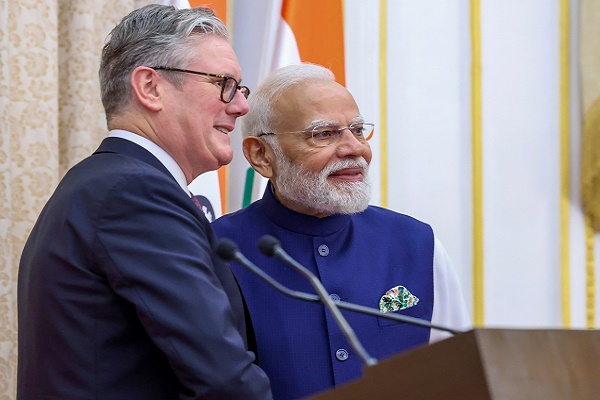India reaches 90 GW of installed solar capacity, moving towards 500 GW goal: Pralhad Joshi
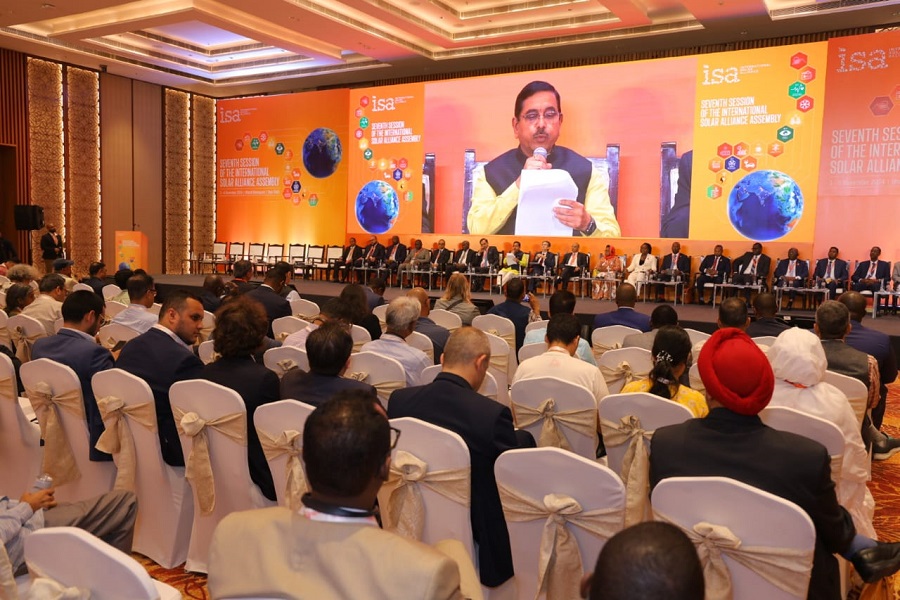
India has reached an impressive 90 GW of installed solar capacity and is moving steadily forward towards its broader goal of 500 GW of renewable energy capacity by 2030, Union Minister of New and Renewable Energy, Pralhad Joshi, said on Monday.
Addressing the 7th General Assembly of the International Solar Alliance (ISA) here, the minister said India is also setting its sights on new horizons, with a target to produce 5 million metric tonnes of green hydrogen by 2030, supported by 125 GW of renewable energy capacity.
“We have approved 50 solar parks with a total capacity of nearly 37.5 GW and identified potential offshore wind energy sites to reach our 30 GW goal by 2030,” Joshi told the gathering.
The Union Budget for 2024-25 had 110 per cent increase in funding for solar power projects and targeted support for initiatives like the PM-Surya Ghar Muft Bijli Yojana.
“This, along with exemptions on critical mineral imports, underscores our resolve to lead in solar innovation. India has one of the best schemes globally for Solar rooftop installation. We are empowering communities to generate their own renewable energy,” said the minister.
The PM-KUSUM scheme is already transforming rural landscapes, enabling farmers to irrigate with solar power and sell surplus energy, advancing both livelihoods and sustainable agriculture.
“Furthermore, our Production-Linked Incentive scheme is strengthening India’s solar manufacturing sector, fostering a self-reliant supply chain,” said Joshi, President of the International Solar Alliance.
Global solar investments have grown from $144 billion in 2018 to $393 billion in 2023 and are expected to reach $500 billion by the end of 2024.
“These investments are not only adding new capacity but are also driving down the cost of energy from solar worldwide. Today solar power has become the most affordable source of electricity in many regions, even surpassing coal and gas,” the minister emphasised.
As a coalition of 120 member and signatory countries, ISA has been at the forefront of mobilising resources and facilitating the deployment of solar projects worldwide, particularly in least developed countries and small island developing states.
The ISA is guided by the Towards 1000 strategy which aims to mobilise $1,000 billion of investments in solar energy solutions by 2030.
“This is our strategy to deliver energy access to 1,000 million people, installation of 1,000 GW of solar energy capacity and mitigate emissions to the tune of 1,000 MT of carbon dioxide every year,” said Joshi.
India was re-elected as President of the 120-nation International Solar Alliance (ISA) from 2024 to 2026 on Monday, while France has been elected as Co-President, at the General Assembly held at the iconic Bharat Mandapam here.






